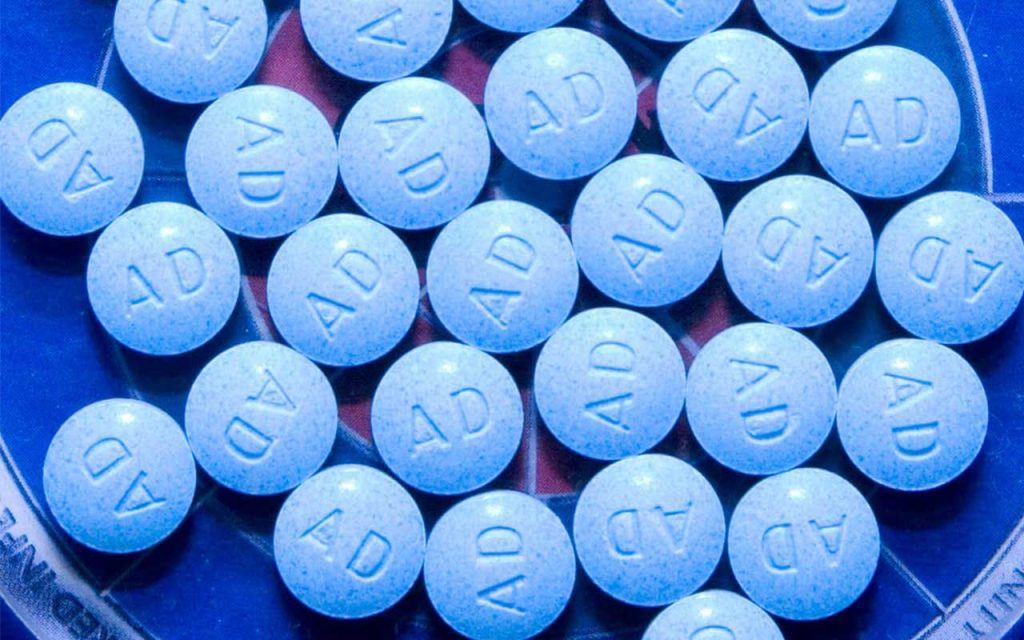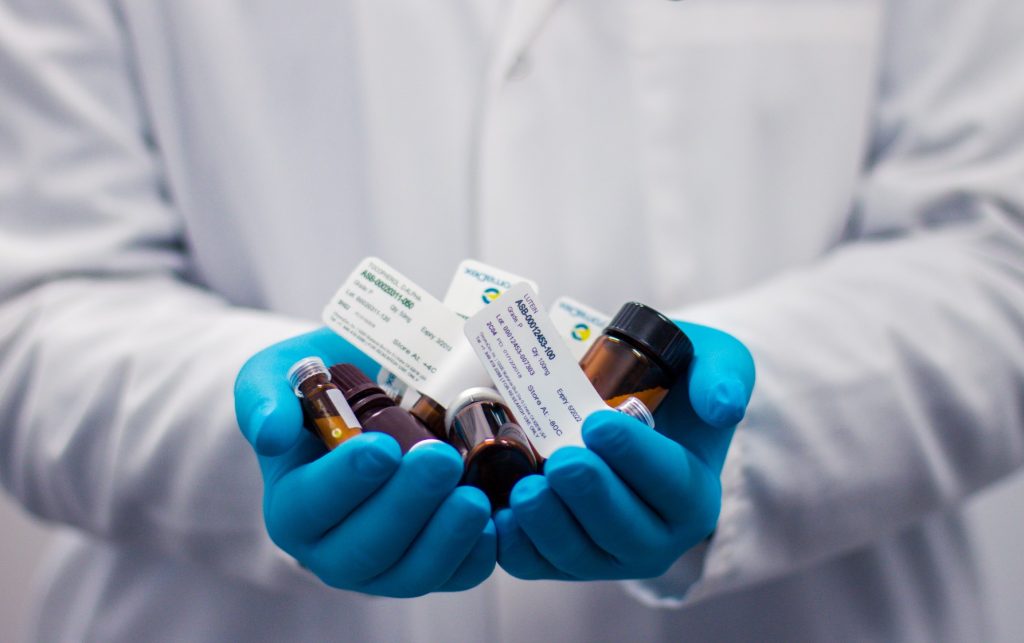
Cocaine and methamphetamine use is often accompanied by binge and run patterns, and people who use them tend to exhibit heightened irritability and anxiety. Binge-taking behavior can last for days. They also neglect eating and sleep. In the midst of a run, they may start to “tweak,” which refers to the habit of having a high and then being hyperactive or irritable.
Desoxyn
Desoxyn is an approved ADHD medication that can helpful methamphetamine for adhd. However, it is highly addictive, requiring a detox and rehab program. The drug’s effects can be life-threatening, and withdrawal symptoms can include respiratory problems and heart failure. In addition, patients are at risk of suicide, which is not recommended.
Many people suffering from ADHD also struggle with addiction. This can make identifying and treating both disorders difficult. As a result, Desoxyn is prescribed with caution by doctors. The long-term effects of methamphetamines on human health have been well documented. Even though they can be helpful in the short term, they can actually make the problems worse.

Another common side effect of methamphetamine is insomnia. In a study of 127 children with ADHD, thirty percent experienced insomnia. Another patient stopped taking the medication because of headaches, decreased appetite, and irritability. In a separate study, seven healthy adults with no history of substance abuse reported experiencing more trouble sleeping after taking 10 mg twice a day. The effects were most pronounced on the first day, and continued for three days.
Amphetamine
While methamphetamine is used as a short-term therapy for ADHD, its side effects may be harmful to children. The drug makes users drowsy and should only be used as part of a comprehensive treatment plan for ADHD. It should not be used as a substitute for counseling and special education.
Methamphetamine is contraindicated in patients with moderate to severe hypertension, advanced atherosclerosis, or symptomatic cardiovascular disease. Even in patients with mild hypertension, this stimulant should be used cautiously because it increases blood pressure and heart rate. In addition, some individuals may experience larger increases in blood pressure than others. This is why patients taking methamphetamine should undergo periodic blood pressure monitoring. If blood pressure is elevated, the patient should reduce the dosage or stop the medication. If cardiac symptoms develop, the patient should seek immediate medical treatment.
Methamphetamine should not be taken concurrently with urinary alkalinizing agents. The combined use of these medications can cause increased blood pressure, decreased appetite, and increased heart rate. They may also cause insomnia. Because amphetamines have a prolonged half-life, it is necessary to monitor the dosage carefully.

Methamphetamine
Methamphetamine is a prescription medication that is sometimes prescribed to people with ADHD. It can control symptoms of ADHD, but is not a cure. This drug is also not a good choice for people with excessive fatigue or insomnia. It should only be taken in conjunction with other forms of treatment for ADHD. It is important to tell your doctor if you have any allergies to it.
Methamphetamine is taken orally in tablets, usually once or twice a day. It should not be taken after eating. The dosage for children with ADHD should be determined by a doctor based on their age, severity, and a complete medical history. Usually, the medication should be taken at the same time each day.
Methamphetamine may cause serious cardiovascular side effects. If taken too often, the medication can cause cardiac arrest, circulatory collapse, or angina. If your doctor suspects that you may be taking too much, you should seek emergency medical attention immediately.
Methylphenidate
Methamphetamine is a medication used to treat ADHD. Its side effects include insomnia, headaches, and decreased appetite. It should be taken as part of a complete treatment regimen. It should be used in combination with counseling and special education. A study found that 30 percent of children with ADHD reported insomnia.
Methamphetamine is also used to treat narcolepsy and obesity. It is also highly addictive. A few other drugs are similar to methamphetamine, including Desoxyn and Focalin. Both drugs have similar effects on the brain and are very powerful but do not cause euphoria.
Overdosage of methamphetamine is a potentially life-threatening condition. It may lead to cardiorespiratory arrest and cardiac arrhythmias. It can also cause circulatory collapse. Patients with a history of heart conditions or structural abnormalities should not take methamphetamine.


